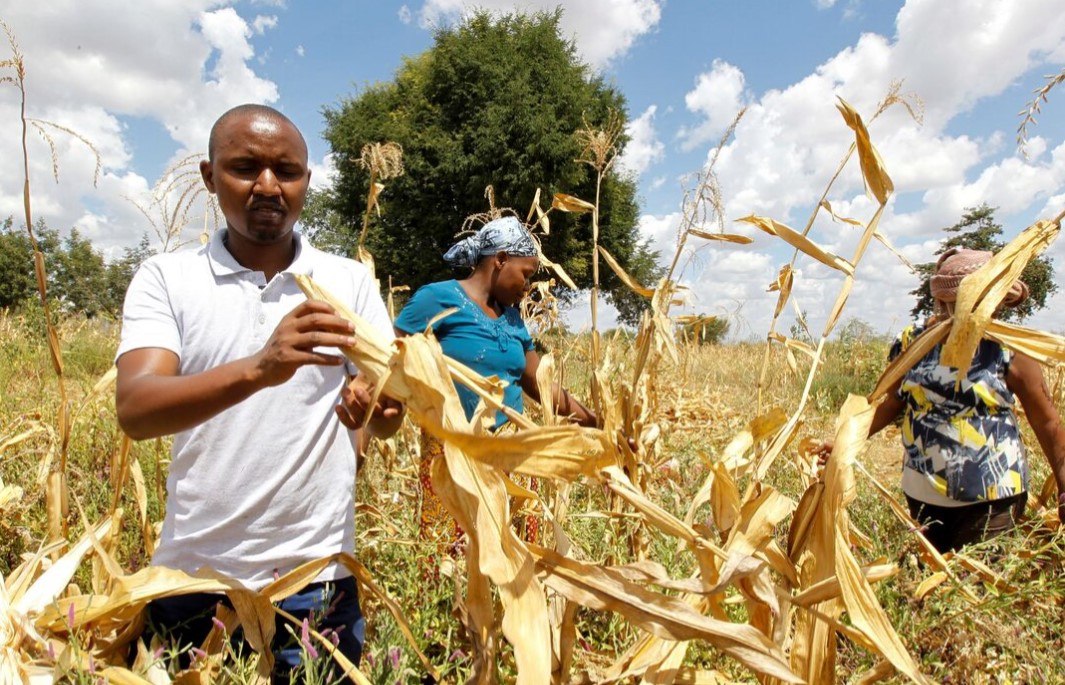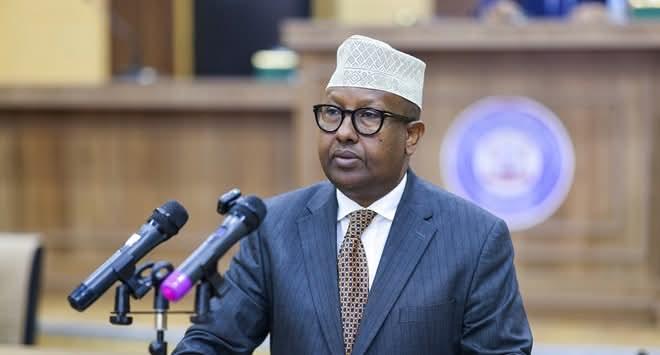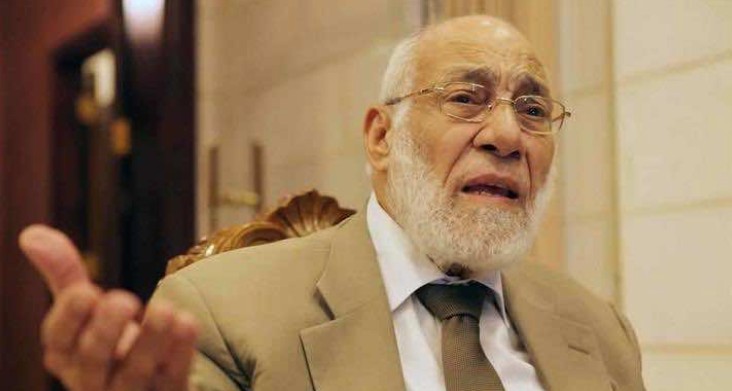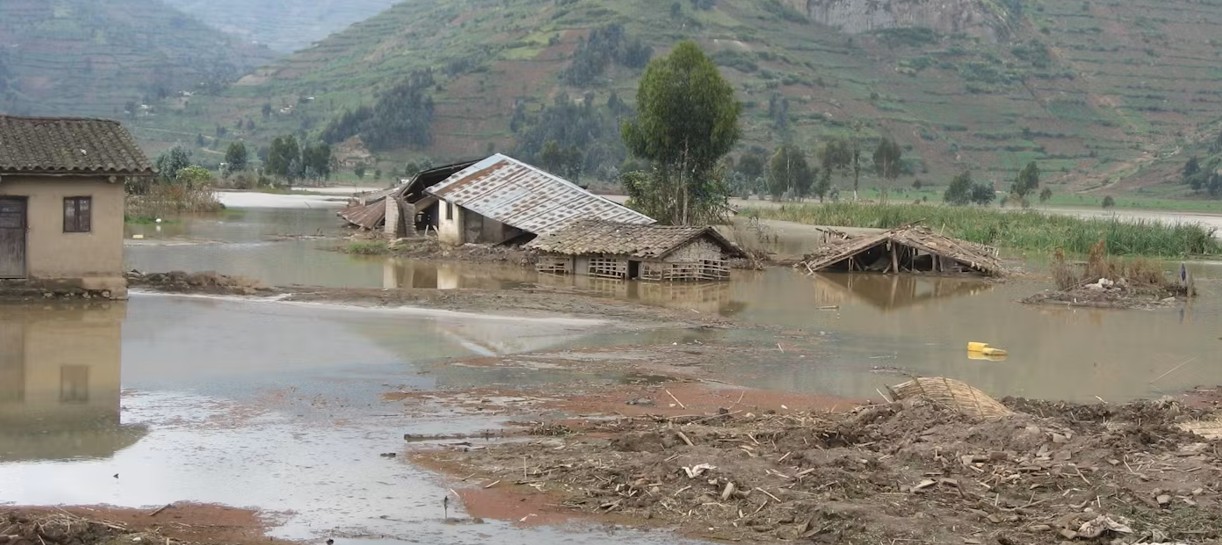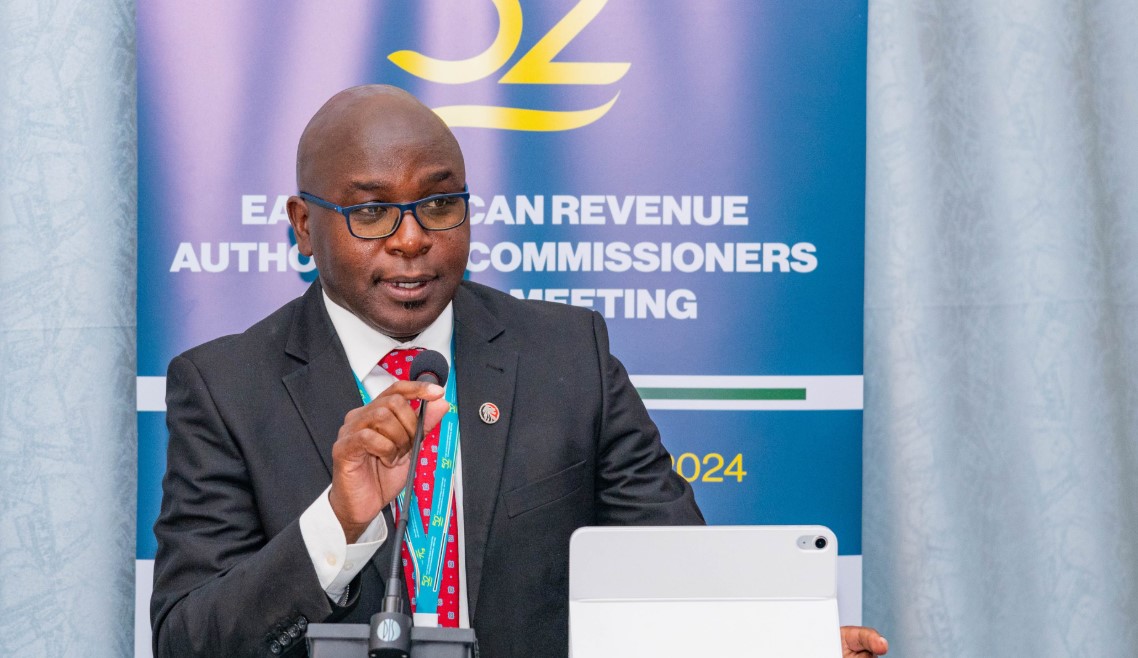Ignored warnings, deadly consequences: How UK failed Sudan's El Fasher civilians

Internal UK documents reveal officials chose minimal action despite warnings of mass killings and sexual violence in El Fasher.
British officials rejected proposals to protect civilians in Sudan's El Fasher, despite intelligence warnings that the city was at risk of mass killings and potential genocide.
According to The Guardian, six months into the 18-month siege of the city, internal Foreign, Commonwealth and Development Office (FCDO) documents reveal that officials considered four strategies to safeguard civilians.
More To Read
- Sudan medics demand international investigation over El Fasher mass graves
- Rights chief warns ‘abominable atrocities’ likely continuing in Sudan’s El Fasher
- Sudan records nearly 2,000 cholera deaths as conflict exacerbates outbreak: Africa CDC
- Sudan: One-sided truce prompts calls for humanitarian aid
- Sudan's paramilitary forces agree to proposal of humanitarian truce
- Genocide prevention expert raises alarm over alleged Sudan atrocity crimes
The most ambitious option would have created an international protection mechanism to prevent crimes against humanity and sexual violence.
Two other proposals suggested more targeted interventions, such as strengthened local protections and specialised programmes for women and girls.
The least ambitious option, which was ultimately chosen, allocated £10 million (about Sh1.84 billion) to the International Committee of the Red Cross (ICRC) and other organisations for general protection activities, without creating new protection programs.
Officials cited limited resources and an overstretched country team as reasons for the decision. The report adds that funding shortfalls have weakened the UK's ability to protect women and girls in the conflict.
"Given resource constraints, [the UK] has opted to take the least ambitious approach to the prevention of atrocities, including CRSV [conflict-related sexual violence]," reads a report dated October 2025 documenting the decision.
Devastating consequences
The choice has had devastating consequences. El Fasher fell to the paramilitary Rapid Support Forces (RSF) in late October, with reports indicating ethnically motivated killings and sexual violence, while thousands of residents remain unaccounted for.
"Atrocities are not natural disasters – they are a political choice that are preventable if there is political will. The FCDO's decision [to pursue the least ambitious option for atrocity prevention] clearly shows the lack of priority this government places on atrocity prevention globally, but this has real-life consequences," said Shayna Lewis, a Sudan specialist with the US-based human rights organisation Paema.
"Now the UK government is complicit in the ongoing genocide of the people of Darfur."
The decision has also drawn criticism from lawmakers, including Labour MP Sarah Champion, chair of the parliamentary international development select committee.
"I am deeply concerned that in the rush to save money, some essential services are getting cut. Prevention and early intervention should be core to all FCDO work, but sadly, they are often seen as a 'nice to have'," she said.
"In a time of rapidly reducing aid budgets, this is a dangerously shortsighted approach to take."
Despite reports of widespread violence in Sudan and a worsening humanitarian crisis, UK officials maintain that over £120 million (Sh22 billion) has been allocated to aid Sudanese civilians.
Top Stories Today
